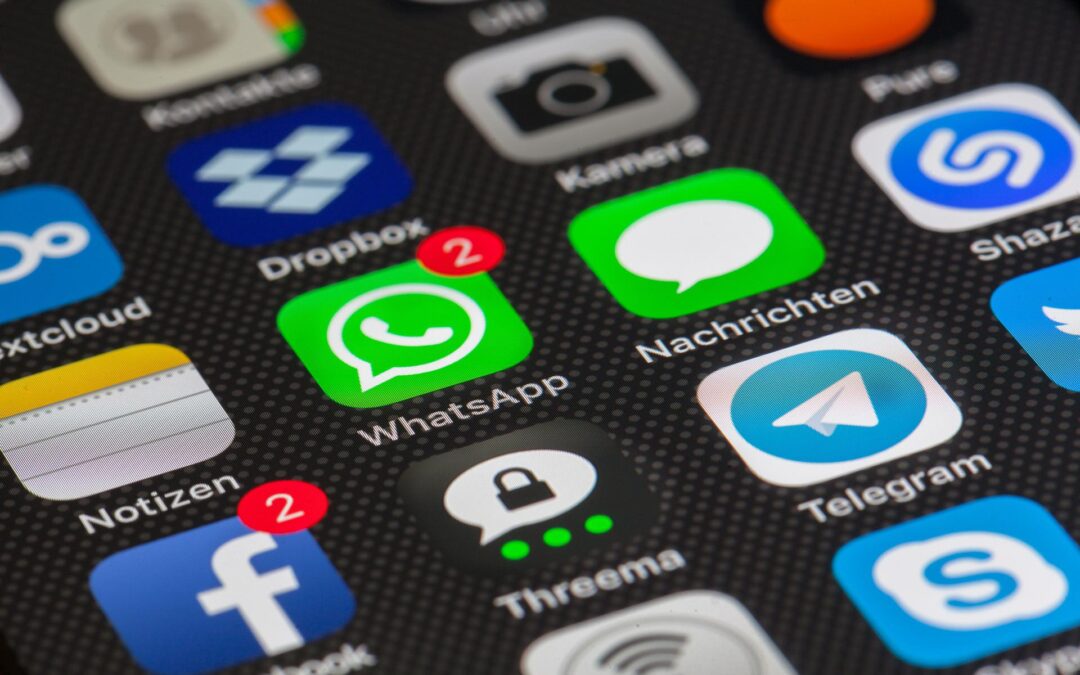EU Commissioner for Home Affairs Ylva Johansson's draft on chat control and further measures in the digital space is meeting with criticism from a variety of quarters. Johansson, however, is not fazed, but says that chat control approval is only a matter of time.
You can find out what is currently being discussed here.
Johansson's draft chat control
EU Commissioner for Home Affairs Johansson presented her draft at an EU ministerial meeting. In the fight against sexual Child abuse on the Internet she works primarily with Federal Minister of the Interior Nancy Faeser.
To this end, the draft includes an obligation for messenger services, social media and hosting providers to recognize and report abusive material (so-called chat control). Nowadays, however, messenger services in particular rely on end-to-end encryption of the content sent, which would have to be circumvented in the event of such a control.
Johansson defends her draft by saying that it does not prescribe any technology on how chat control should be carried out. Rather, this would be determined by the new planned EU center in.
In addition, the draft also contains topics such as age verification by app stores.
Criticism by Faeser of chat control
Even though Johansson was pleased to have the support of Nancy Faeser as Federal Minister of the Interior for her plans, she has recently been critical of chat control. Faeser did state that she wanted to "toughen the stance against perpetrators who inflict terrible violence on children". However, this should not involve using encrypted private communication intervened. According to Faeser, this would affect many people who have nothing to do with the crimes.
Criticism by the traffic light coalition of chat control
The traffic light coalition emphasizes the great achievement of private communication away from state control. Several ministers and members of parliament were therefore critical of the proposed chat control.
Justice Minister Marco Buschmann (FDP) positioned himself as "very critical". He rejects such a "comprehensive monitoring measure of private correspondence, especially in the digital space". For him, chat controls had "no place in a constitutional state.
Digital Minister Volker Wissing (FDP) expressed his concern. He sees the so-called chat control as an "intrusion into the protected space of confidentiality of communication".
Constitutional concerns
From a purely constitutional point of view, there are also concerns about the so-called chat control. Of course, the objective is important and correct. However, many questions remain unanswered in the draft. The exact nature of the obligations that would apply to companies remains unclear. Above all, this lack of clarity is due to the fact that it is not clear how to prevent the Chat control is pure mass surveillance is created. In this case, masses of private communications would be made accessible to the European coordinating authority. Based on the rulings on data retention, it is not apparent that such fundamental surveillance of private communications would stand up to a review of fundamental rights.
Conclusion
The so-called chat control pursues correct and important goals. However, the implementation in the current version does not seem sustainable. The constitutional concerns in particular must be met with further efforts to do justice to child protection while preserving the encryption of digital messages.
